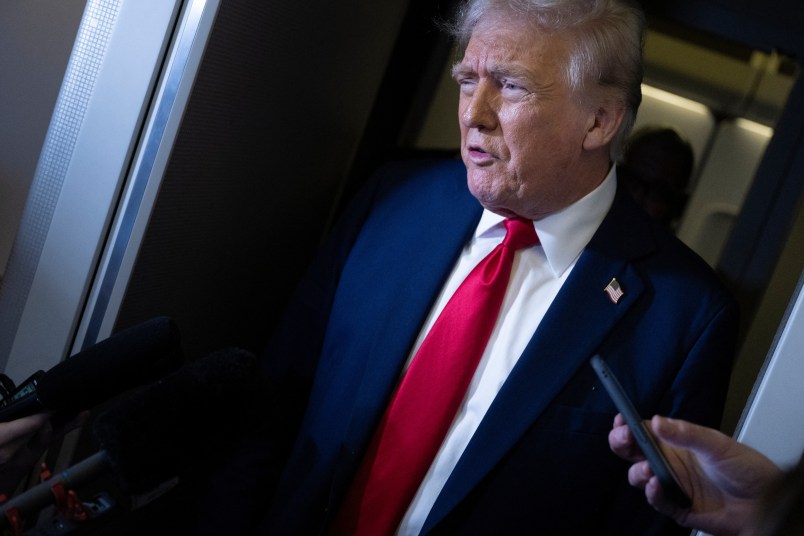Key takeaways:
- Two federal judges in Washington, D.C., have blocked significant portions of executive orders by former President Trump, targeting major U.S. law firms like WilmerHale and Jenner & Block.
- Judges Richard Leon and John Bates ruled against the executive orders, emphasizing concerns about their retaliatory nature and the judiciary’s role in restraining executive power.
- The legal battles reflect Trump’s broader attempts to consolidate power, raising concerns about impacts on independent institutions, with significant implications for the balance of power and future investigations.
In recent developments, two federal judges in Washington, D.C., have issued rulings that block significant portions of executive orders issued by former President Donald Trump. These orders targeted major U.S. law firms, including WilmerHale and Jenner & Block. The legal actions taken by these firms sought temporary restraining orders to prevent the enforcement of certain aspects of the executive orders, which they deemed particularly severe.
U.S. District Judge Richard Leon, presiding over the WilmerHale case, stated that the executive order in question appeared to have a retaliatory nature. Similarly, U.S. District Judge John Bates ruled in favor of Jenner & Block, highlighting the legal community’s concerns over the implications of these executive actions. The rulings underscore the judiciary’s role in reviewing and, when necessary, restraining executive power.
The context of these legal battles reflects a broader pattern during Trump’s presidency, where he sought to consolidate power and influence various sectors, including the legal profession, universities, the arts, and the press. These actions have raised concerns about the potential impact on institutions perceived as independent or critical of the administration.
The ongoing legal proceedings and the judges’ decisions are being closely monitored by the legal community and other stakeholders. The outcomes of these cases may have significant implications for the balance of power between the executive branch and independent institutions, as well as for the future of law firms involved in investigations related to Trump.



Be First to Comment